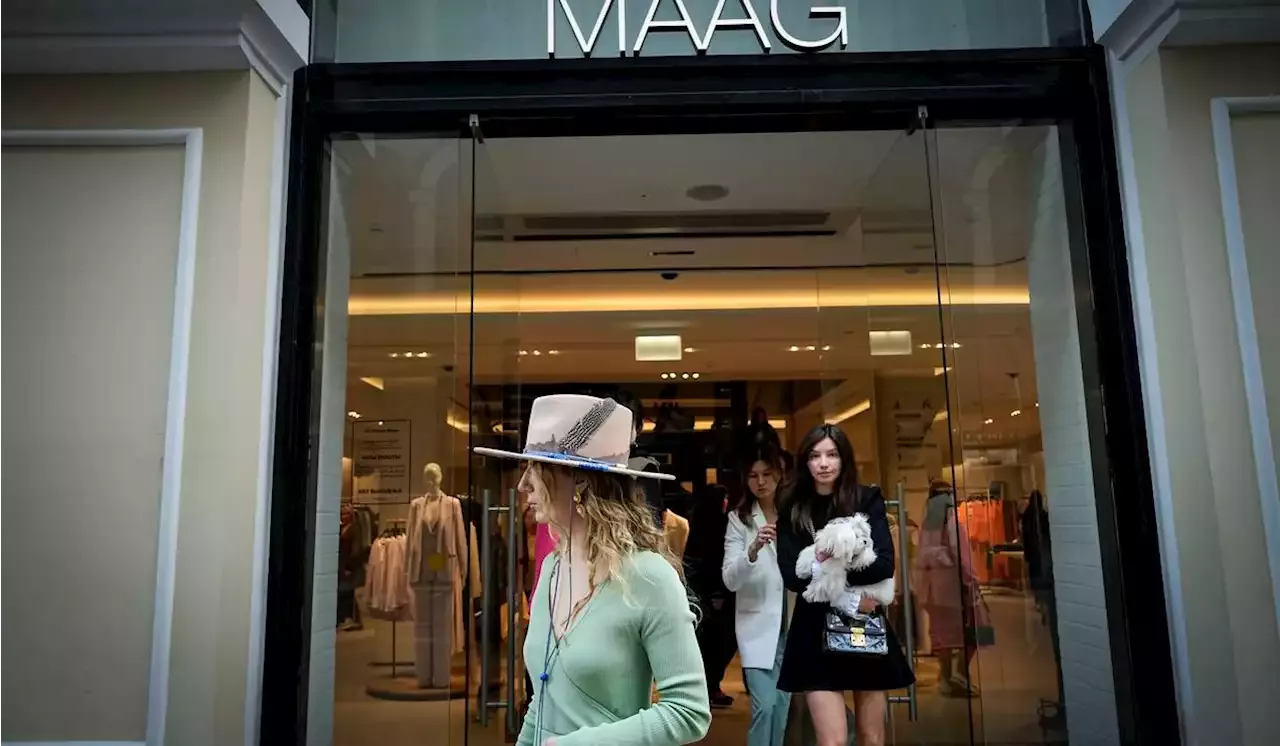More than a year later, it’s clear: Leaving Russia was not as simple as the first announcements might have made it seem.
One is Italian fashion chain Benetton, whose store at Moscow’s now ironically named Evropeisky Mall — meaning “European” in Russian — was busy on a recent weekday evening, with customers browsing and workers tidying piles of brightly colored clothing. At Italian lingerie retailer Calzedonia, shoppers looked through socks and swimwear. Neither company responded to emailed questions.
“Overall Zara — Maag — had competitors,” Petrosyan said, correcting himself, “but I wouldn’t say that there are any now with whom they could compete equally. Because the competitors who stayed are in a higher price segment, but the quality doesn’t match up.” Putin recently announced that the government would take over the assets of Finnish energy company Fortum and Germany’s Uniper utility, barring a sale with an eye to offsetting any Western moves to seize more Russian assets abroad.
Another beer giant, Anheuser-Busch InBev, is trying to sell a stake in a Russian joint venture to Turkey-based partner Anadolu Efes and has forgone revenue from it. However, the decision to stay was motivated by a responsibility for 10,000 local employees and is “also in the interest of preserving the value of this company for its shareholders,” he said.Meanwhile, shelves are just as full as before the war at Globus superstores, a Germany-based chain with some 20 locations operating in Moscow.
